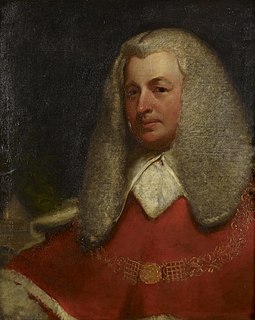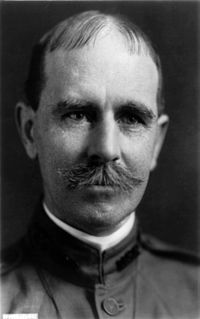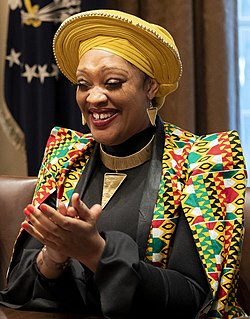A Quote by Alexander Hamilton
There is one transcendant advantage belonging to the province of the State governments . . . -I mean the ordinary administration of criminal and civil justice.
Related Quotes
The state governments have a full superintendence and control over the immense mass of local interests of their respective states, which connect themselves with the feelings, the affections, the municipal institutions, and the internal arrangements of the whole population. They possess, too, the immediate administration of justice in all cases, civil and criminal, which concern the property, personal rights, and peaceful pursuits of their own citizens.
In existing criminology there are concepts: a criminal man, a criminal profession, a criminal society, a criminal sect, and a criminal tribe, but there is no concept of a criminal state, or a criminal government, or criminal legislation. Consequently what is often regarded as "political" activity is in fact a criminal activity.
We have reached a stage where governments and political processes have been hijacked by the corporate world. Corporations can within five hours influence the vote in the U.S. Congress. They can influence the entire voting patterns of the Indian Parliament. Ordinary people who put governments in power might want to go in a different direction. I call this the phenomenon of the inverted state, where the state is no longer accountable to the people. The state only serves the interests of corporations.
... The popular attitude toward the administration of justice should be one of respect and confidence. Bureaucratic, purely official justice, can never receive such confidence. The one way to secure it is to give the citizen-body itself a share in the administration of justice. And that is what jury-trial does.
If you do not want the State to act like a criminal, you must disarm it as you would a criminal; you must keep it weak. The State will always be criminal in proportion to its strength; a weak State will always be as criminal as it can be, or dare be, but if it is kept down to the proper limit of weakness - which, by the way, is a vast deal lower limit than people are led to believe - its criminality may be safely got on with.
[Before the Civil Rights Act of 1964], many governments in southern states forced people to segregate by race. Civil rights advocates fought to repeal these state laws, but failed. So they appealed to the federal government, which responded with the Civil Rights Act of 1964. But this federal law didn't simply repeal state laws compelling segregation. It also prohibited voluntary segregation. What had been mandatory became forbidden. Neither before nor after the Civil Rights Act were people free to make their own decisions about who they associated with.

































